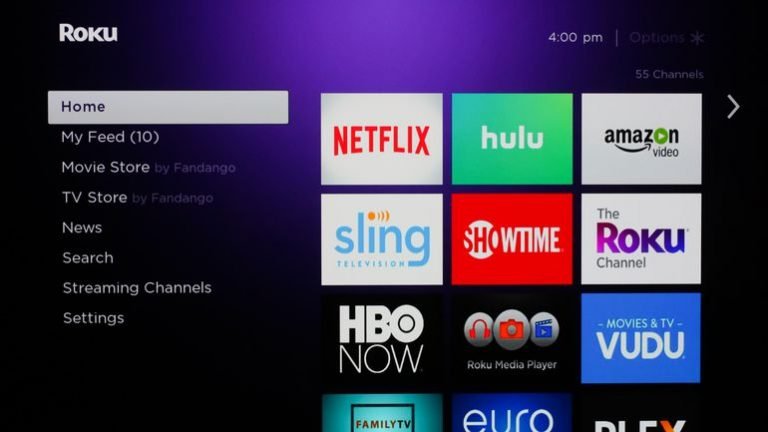How Does a VPN Work and What Should You Know About It
VPN means Virtual Private Network. You access your VPN service through an app or program you put on your computer or device. With this app, you can unblock websites that are geo-blocked, you can surf more safely, securely, and privately. You can download and upload whatever you please, and you can maintain a higher Internet and website speeds.
How Does VPN Work?
When you connect to the Internet, your computer connects to your ISP (Internet Service Provider), and then they allow you to surf the Internet, to download, to stream and so forth.
When you use VPN, you connect to a private server, and the server connects to your ISP. All the information you enter into the Internet is encrypted between you and the virtual server.
If you are looking for regular updates on things like VPN news, then try a website like VPNCoffee. If you are looking for more of an intermediate’s view on how VPN works, then check out the information below.
The Slightly More Complicated Answer
A VPN is a network that allows the use of encryption, which allows IP traffic to securely travel over a TCP/IP network. Information is sent from your computer and is encrypted. The information is decrypted by the VPN server, and then that server communicates with your ISP. The ISP sends information back, which is encrypted and sent to you.
VPN can be used over the Internet, over WAN connections, and between client and servers over a dial-up connection. Using authenticated links, you are given remote access and routed connections between private computers or networks.
A tunneling protocol is used to encrypt packet contents, and then wraps them in an unencrypted packet. There are tunnel endpoints that are able to encrypt and decrypt the packets. Information is passed from one location to another without the routers actually reading the information within the packets.
Why is VPN More Private?
Let’s say that you are looking at the website “Miss Lovely Legs 2000.” You clear your browsing history and such, but your ISP (your Internet service provider) still knows you visited this website and keeps a log of it. You run for a job as head of a female prison, and a journalist suddenly brings up your lovely legs fetish.
With VPN, the information sent between you and the VPN server is completely anonymous because it is encrypted. The VPN server is used by hundreds of people, and hundreds of different risky, banned, blocked, etc., websites are being used. However, if a hacker, journalist, government agent, or VPN worker were to access the list of all the websites being used, there is no way they could tie those websites back to you, they could have been used by any of the hundreds of people using the server.
Is VPN 100% Safe?
If you buy poor quality VPN, then you are less safe. It is probably still better than having no VPN, but you may have issues. For one, the company may be cheap (or free) because they are selling user information. You will not be a victim of ID theft, but major companies, and anybody else will still be able to see which are your favorite websites.
Poor quality VPN may also be slow and may also offer limited server use. For example, you may need a server in the USA in order to watch US Hulu or US YouTube, but your poor quality VPN service doesn’t have servers in the USA.
A poor quality VPN service may also fail to have a kill switch. What happens is that every now and again, your VPN service stumbles a little. A good VPN service will have a kill switch that disables your Internet when this happens. Poor quality VPN services do not have a kill switch, which leaves you surfing on unprotected connections without warning.
Do VPN Services Sell User Information?
Your Internet service provider keeps a log of what you visit, what you download, if you have a games console with downloadable games, and so forth. They use this information they collect to sell to large companies and market researchers. They also sell the information to pressure groups and online justice groups. In addition, they may give you information to the authorities if they think it is dangerous (terrorist stuff).
A VPN service may still collect data on what you visit, but it is far less than what your ISP collects. Plus, most VPNs do not sell your information or admit collecting it because it would severely damage their reputation. It is possible that the VPN company will go rogue, but the chances are that whatever small information they can harvest, they will have no use for.
What Else Should I Know?
Not all VPN services are the same. Some allow you to do all sorts of things like access blocked websites, use Torrent software without losing Internet speeds, stream foreign services, and so forth.
Each VPN service has its own limitations, and this may include not allowing you to use certain comment sections, not allowing you to sign up to certain websites, and not allowing you to post comments on forums and certain social media networks. They also cannot be used to spam-click your own affiliate adverts on your own website.
VPN services are not all things to all people. You will need to figure out what you want to use VPN services for, and then hunt down the VPN company that offers you everything you want and need.
